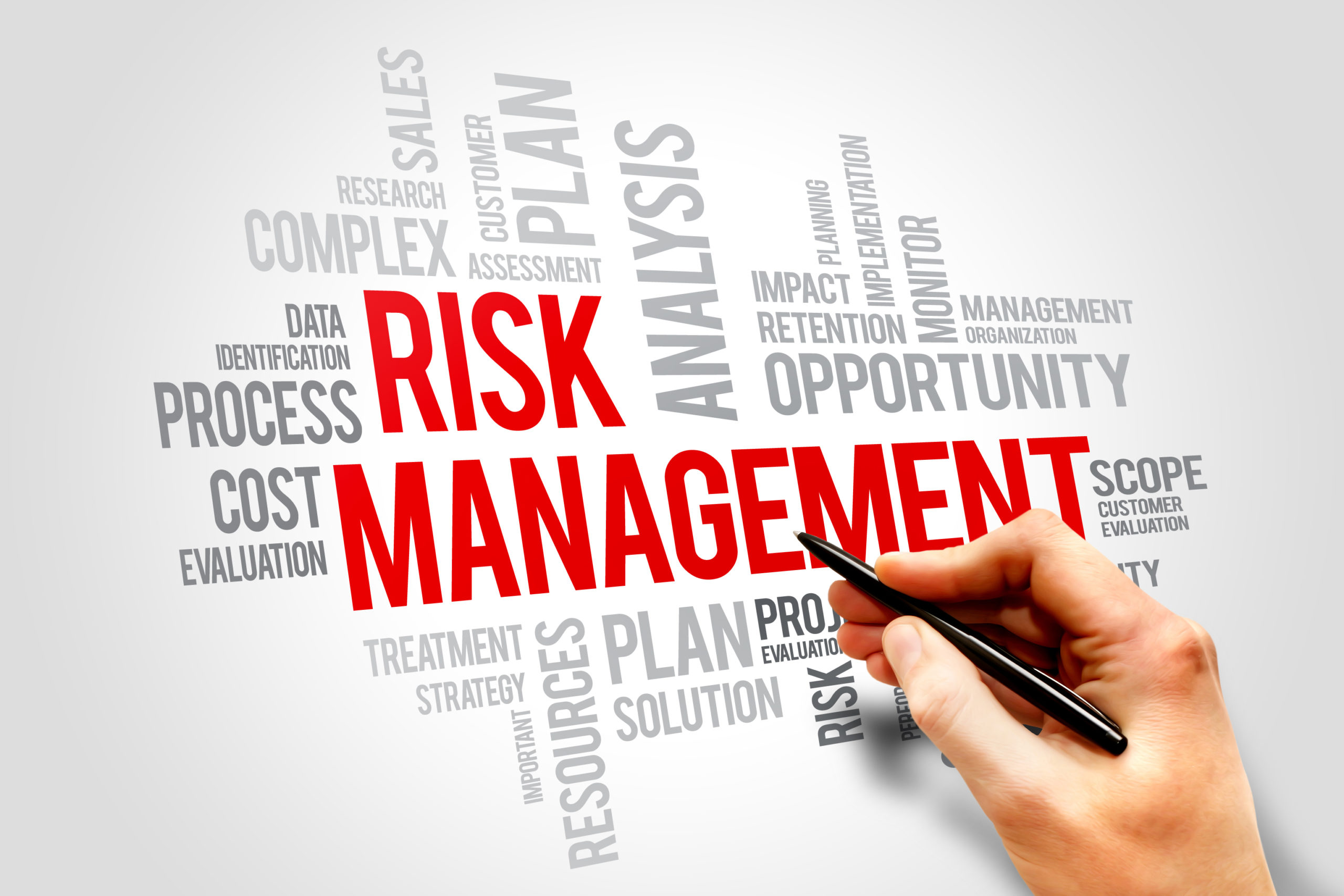Business Broker, Emily Troon spoke to Mark Leese from Agile to discuss the importance of assessing the exposure of a Director and why it is important to put plans and safeguards in place sooner rather than later.
When should I think about protecting myself as a Director or a business owner?
It is important to not wait until your business is struggling before you go through the exercise of assessing your exposure as a director. Plans and safeguards are more easily put in place when establishing/purchasing a business or when it is trading profitably.
When does a director become personally liable for company debt?
A director may become personally liable in a number of circumstances, including through providing personal guarantees to suppliers and landlords, unpaid company statutory debts and, in the certain case, trading whilst insolvent.
With all the disruptions this year, directors may have missed that from 1 April 2020, they may become personally liable for any unpaid GST, luxury car tax and wine equalisation tax (WET), in addition to the pay as you go withholding (PAYGW) and superannuation guarantee contributions (SGC) debts already captured under the current Director Penalty Notice (DPN) regime. It is critical that directors ensure on-time statutory lodgements, such as BAS and quarterly SGC, and seek advice if they are unable to make payment or if they receive a DPN from the ATO.
What are personal guarantees and why are they important?
Personal guarantees can make directors personally liable for debts incurred by the Company. Often, especially when establishing a business, directors provide personal guarantees to landlords or suppliers when setting up trade accounts. These guarantees are often included as part of the credit application process and can be overlooked or forgotten by the director. It is important for directors to understand their exposure and, if possible, consider renegotiating credit terms to remove the guarantees. Negotiating whilst the business is in a financially strong position is more likely to be successful.
What if the Company owes me money?
It is common for directors or shareholders to inject fresh money into the business when economic conditions are tough, to fund expansion or during the early stages of the business. It is important to ensure these injections are properly documented and to consider securing the loans and registering on the Personal Property Securities Register (PPSR).
What risks are associated with director drawings?
Directors should speak to their advisors to discuss tax consequences and to ensure that their drawings or distributions are not creating a significant loan owed to the Company which may be called upon should the company enter into liquidation or a dispute between directors/shareholders arises.
